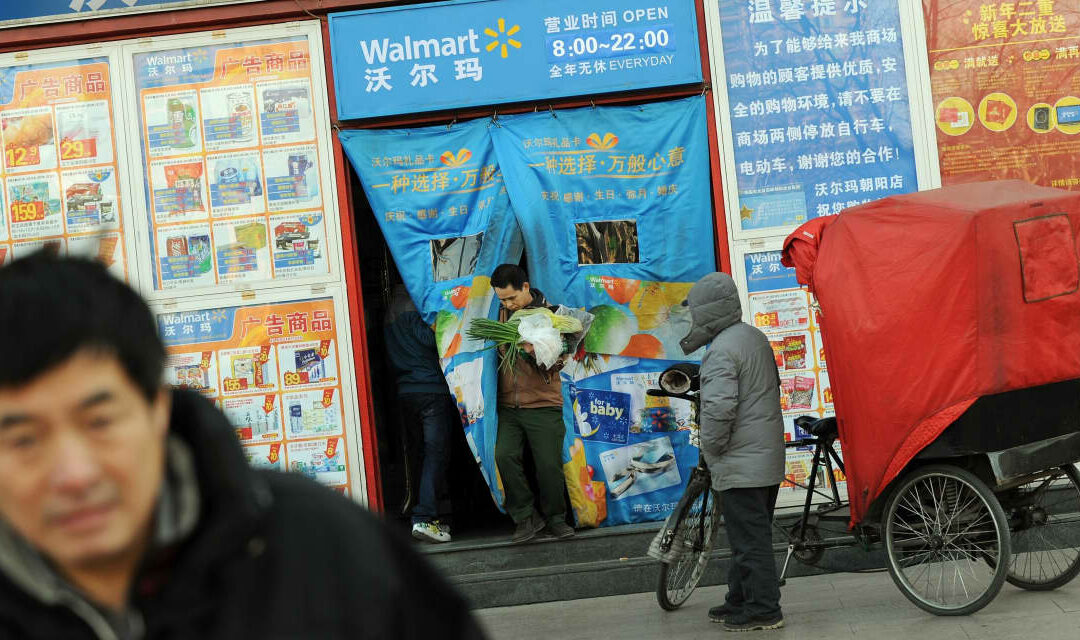China’s crackdown on domestic dissent, paranoia about espionage, persecution of private executives and harassment of foreign businesses have instigated widespread fear, pessimism and deflation.
However, China is not Japan in the 1990s. It has a formidable export machine that is not simply based on a cheap currency, inexpensive labor and subsidies. Otherwise, China’s consumer spending growth would be negative rather than just growing less rapidly owing to a lack of real income, not simple apprehension about the property sector, threatens to cast the broader economy into an extended balance-sheet recession.
China has impressive capabilities in critical industries such as solar panels and wind power, batteries, rare earth minerals, lithium and EVs. Meanwhile, the West is struggling to catch up and diversify sourcing, and too often relies on Chinese technology.
Japan in the 1990s faced saturated and closing markets for its automobiles and was ceding industries such as consumer electronics to China and South Korea. Nowadays China has the vast markets of Russia and the Global South to exploit. The IMF projects China’s GDP will grow 4.5% in 2024, while U.S. GDP grows 1.5%.
What matters is whether China’s President Xi Jinping prints enough money, as Washington did during the Global Financial Crisis, to bail out the property sector and dial back his hubris and paranoia. With deflation a problem, more money to juice the economy may make sense.
In time, China will likely emerge secure and growing as it builds spheres of influence beyond Washington’s reach. U.S. businesses would do well to find accommodations with Beijing to market products inside China that do not run afoul of Washington’s national security worries about technology transfers.
Meta Platforms
META,
for example, has reached a deal with Tencent
700,
to sell a low-cost, lower-tech virtual-reality headset in China. This mirrors Nvidia’s
NVDA,
strategy of manufacturing in Taiwan and selling less than cutting-edge chips in China
Manufacturing in China offers opportunities for U.S. firms to export to Europe and the Global South. Tesla,
TSLA,
for instance, accounts for close to 40% of China’s EV exports.
Although China’s real estate bubble and bust reduces opportunities for U.S. banks to grow market share by attracting new ultrawealthy Chinese clients, plenty of opportunities await for managing the transfer of wealth from first generation multimillionaires to their heirs.
China’s economy is maturing, not declining, and seizing opportunities require realigning American investors’ thinking from a boom mentality to that of more stable sustained growth.
Peter Morici is an economist and emeritus business professor at the University of Maryland, and a national columnist.
Also read: With inflation staying higher for longer, stocks are best for your retirement savings
More: China approves 105 online games, says it fully supports industry after NetEase, Tencent rout









